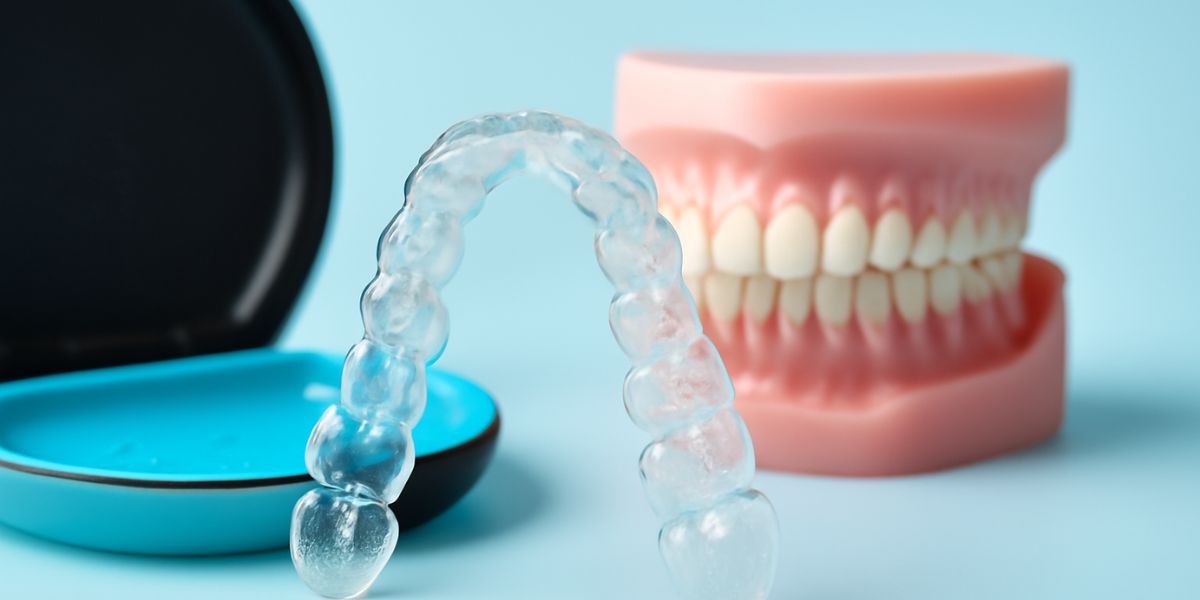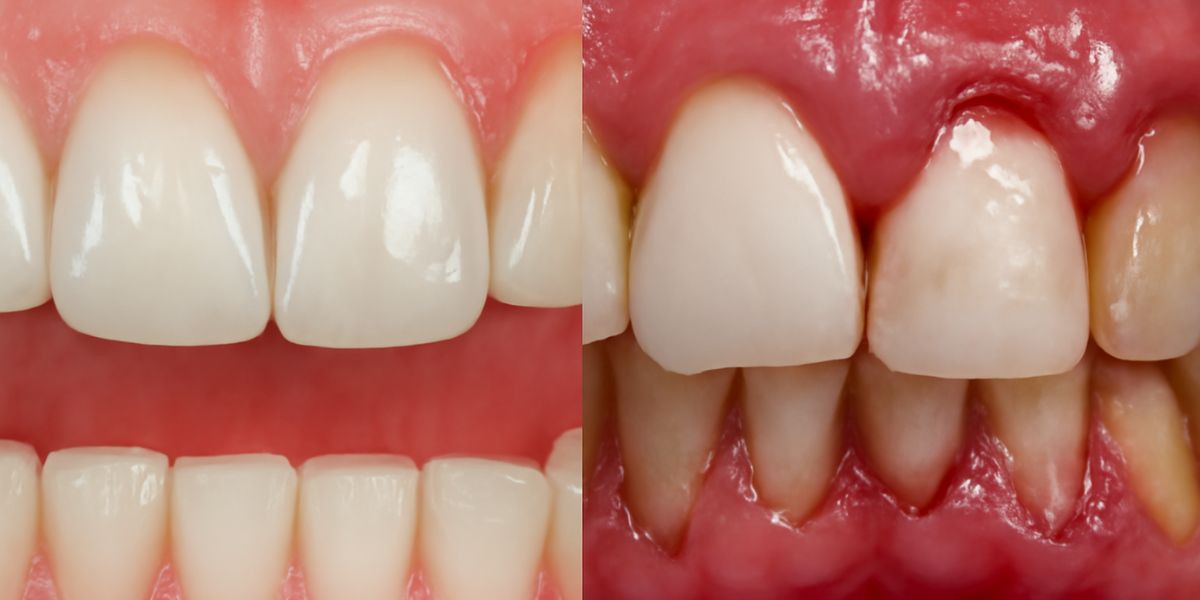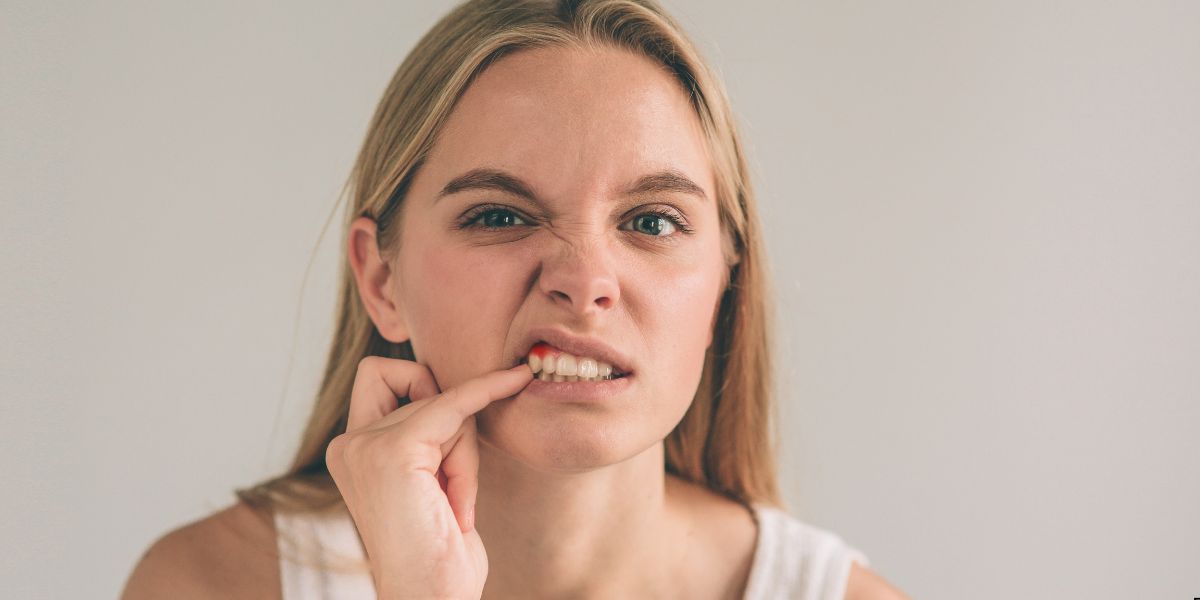Mantener la higiene dental en buen estado se antoja como una tarea fundamental para la salud. Una parte importante de esta labor se lleva a cabo en las clínicas dentales a través de tratamientos o revisiones dentales.
Sin embargo, cada individuo es responsable del mantenimiento de la higiene dental en su propio hogar a través del cepillado de los dientes. Utilizar el colutorio siempre es un plus a la hora de mantener la salud bucodental en buen estado.
Desde Clínica Noguerol te explicamos para qué sirve un colutorio, cómo utilizarlo y los diferentes tipos que hay en función de las condiciones de cada persona.
El colutorio, un complemento del cepillado
Es importante tener en cuenta que en ningún caso el uso del colutorio sustituye al cepillado de los dientes. Es un complemento que ayuda a eliminar las bacterias y microorganismos que permanecen en la boca.
Algunas de sus características más importantes son:
- Elimina la placa bacteriana asentada en los dientes.
- Favorece la conservación de las propiedades del flúor (en el caso de que se utilicen pastas dentales que lo contengan).
- Ayuda a eliminar el mal aliento.
- Cicatriza posibles heridas que aparezcan en la boca.
- Previene enfermedades dentales.
Su empleo estará especialmente recomendado cuando el paciente no pueda controlar el avance de la placa bacteriana o existan deficiencias estructurales en los dientes.
¿Cómo se utiliza el colutorio?
Un uso correcto del colutorio puede ayudarte a mejorar tu higiene bucodental y a prevenir enfermedades dentales. Su método de empleo es el siguiente:
- En primer lugar, cepíllate los dientes. Recuerda que el uso del colutorio no sustituye el cepillado dental.
- Después, enjuágate la boca con colutorio.
- La cantidad que utilices debe oscilar entre los 10 y 15 mililitros.
- No lo diluyas en agua, pues el colutorio podría perder sus principios activos.
- Para que el enjuague sea eficaz, debe durar entre 30 segundos y un minuto.
- Cuando te enjuagues, vigila no tragarte el colutorio.
- Sigue esta rutina después de cada cepillado de los dientes.
Tipos de colutorio
A la hora de escoger un colutorio, es muy importante que consultes a un profesional que pueda indicarte el tipo específico que necesitas para mantener tu higiene bucal o para paliar algunos problemas dentales:
- Los colutorios estéticos son especialmente útiles para hacer desaparecer los restos de comida que no se han conseguido eliminar durante el cepillado. Además, aportan frescor.
- Si se quiere combatir la placa bacteriana y prevenir la gingivitis, los colutorios antisépticos son tu opción. Con su enjuague se podrán curar las llagas y úlceras que aparecen en la boca.
- Los colutorios con flúor protegen a los dientes de los ácidos provocados por la placa. Con esta propiedad se recubre el esmalte del diente y se controlan las etapas iniciales de la aparición de caries.
A su vez, saber si un colutorio contiene alcohol puede ser determinante a la hora de su elección, ya que su uso dependerá de la sensibilidad dental del paciente y de la presencia o no de afecciones en la mucosa.
Si quieres saber qué colutorio utilizar, te recomendamos que consultes a tu dentista. Visítanos en Plaza San Lázaro 11, Granada, para un estudio dental personalizado.






